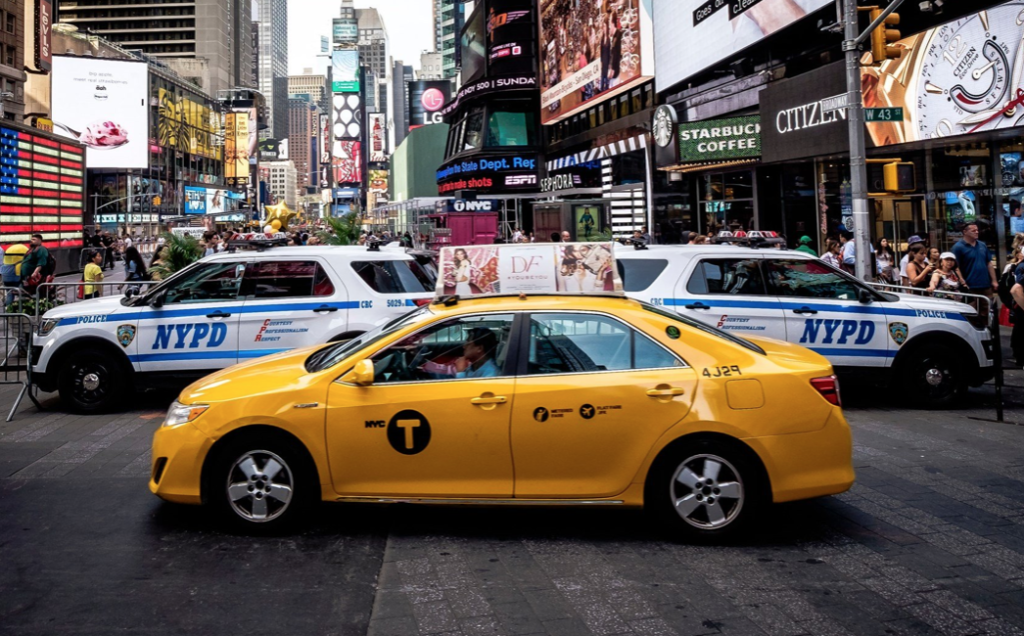
New York State’s attorney general has accused New York City of committing fraud by significantly inflating the value of yellow taxi medallions and demanded $810 million from the city to compensate the thousands of cabdrivers who are now saddled with debt.
The city’s Taxi and Limousine Commission marketed the medallions — city-issued permits required to own a yellow cab — as “a solid investment with steady growth” and reaped a profit from the sale of thousands of them at artificially high prices over a 14-year period, from 2004 to 2017, according to an investigation by the attorney general’s office.
The attorney general, Letitia A. James, formally notified city officials on Thursday that she planned to sue the city for fraud, unlawful profit and other violations of state law within 30 days unless the city agreed to provide financial relief to the cash strapped taxi medallion owners.
Officials at the Taxi and Limousine Commission did not immediately respond to requests for comment.
The attorney general’s claims closely track the findings of an investigation by The New York Times, which found that a group of taxi industry leaders earned hundreds of millions of dollars by deliberately inflating the price of a medallion to more than $1 million from about $200,000, sending thousands of mainly immigrant drivers into reckless loans to purchase the medallions.
City, state and federal officials exacerbated the problems by exempting the industry from regulations, The Times’s investigation found. The city also filled in budget gaps by selling medallions and running ads promoting the permits as “better than the stock market.”
Drivers were steered into taking out loans totaling billions of dollars that they could never repay, plunging many into bankruptcy and leaving them struggling to survive.
A spokesman for Ms. James said that while Thursday’s action was focused on the city’s role in the taxi crisis, their ongoing investigation continued to examine “all aspects of the taxi industry.”
The United States attorney’s office in Manhattan has also launched a criminal investigation.
Taxi industry leaders have denied doing anything wrong, characterizing their actions as normal business practices. They have sought to blame the taxi meltdown on the rise of competing ride-app services such as Uber and Lyft.
Last month, a city panel appointed by the New York City Council and Mayor Bill de Blasio proposed a bailout of up to $500 million for taxi drivers, but most of that money would come from private investors. Ms. James is seeking $810 million directly from the city.
Winnie Hu is a reporter on the Metro desk, focusing on transportation and infrastructure stories. She has also covered education, politics in City Hall and Albany, and the Bronx and upstate New York since joining the Times in 1999. @WinnHu







I am 79 years old i was planning to sell my medallion 3years ago . My medallion is with a leasing company since 1986. I gave my leasing company a 5 years leasing with the expectation of selling when the lease expire. 2 years after giving lease i heard about Uber and Lyft. then start receiving letters from the leasing company that the will be lowering my monthly leasing payments. reduction continued. my credit union is bankrupt. I still have a major loan i have not received any payment from leasing company for past 2 years. My credit union was Progressive credit union .33rd st manhattan.. Not sure what to do now.. Carlton Lundie.. MED #9E30